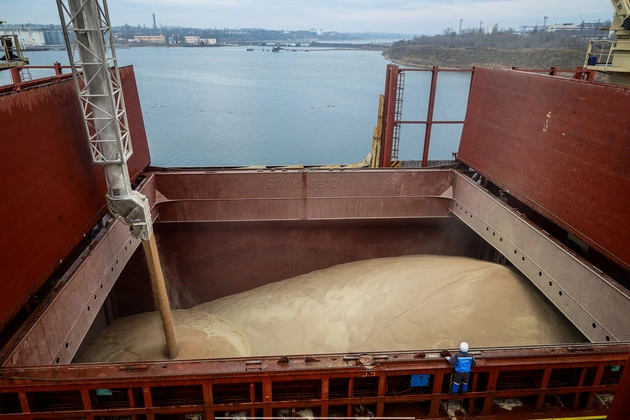
The White House announced on Tuesday that separate agreements with Russia and Ukraine have been reached to allow for safe navigation in the Black Sea, a critical step towards peace talks between the two nations.
Key Agreements
The Trump administration revealed that technical-level discussions between U.S., Russian, and Ukrainian officials in Riyadh, Saudi Arabia, led to agreements ensuring safe navigation, preventing the use of force, and prohibiting commercial vessels from military activities in the Black Sea.
Additionally, the U.S. committed to assisting in restoring Russia’s access to the global market for agricultural and fertilizer exports and enhancing Moscow’s global shipping capabilities.
Energy Infrastructure Ceasefire
Both parties also pledged to support the implementation of the energy infrastructure ceasefire agreed upon by Ukrainian President Volodymyr Zelenskyy and Russian President Vladimir Putin in recent discussions with President Donald Trump. The U.S. reiterated its dedication to facilitating the exchange of prisoners of war, the release of civilian detainees, and the repatriation of forcibly relocated Ukrainian children.
While immediate responses from the Kremlin and Ukrainian government are awaited to confirm these terms, the potential agreement signifies a significant breakthrough in the negotiations. The issue of shipping rights and safety in the Black Sea has been a major point of contention in efforts to resolve Russia’s invasion of Ukraine and stabilize global food supply chains that rely on exports from both nations.
Global Implications
The disruption in grain shipments through the Black Sea due to the conflict has raised concerns about food shortages worldwide, particularly in African and Middle Eastern countries that depend on these exports. A previous impasse was resolved in July 2022 with the ‘Black Sea Grain Initiative,’ brokered by Turkey and the U.S., allowing essential food supplies to transit the Black Sea without fear of attack.
However, the agreement collapsed in 2023 following new demands from the Kremlin for its renewal. Despite efforts to revive the deal, including by Turkey, Ukrainian grain exports continue to face challenges in reaching their destinations.











